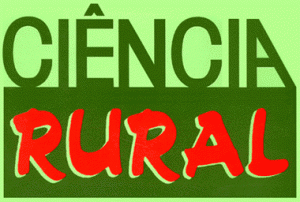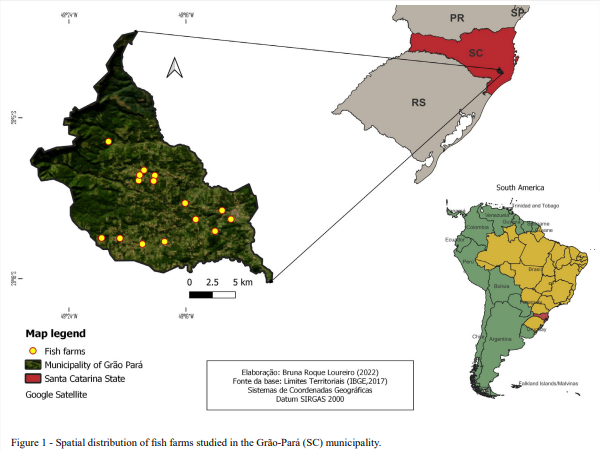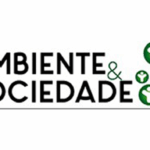Maria Luiza De Grandi, journalist, Ciência Rural, Santa Maria, RS, Brazil.
Bruna Roque Loureiro, Laboratory of Biology and Freshwater Fish Farming (LAPAD), Department of Aquaculture, Universidade Federal de Santa Catarina (UFSC), Florianópolis, SC, Brazil.
 Fish farming is an activity of great economic and social importance, especially on small rural properties, where it significantly contributes to food security and income generation. However, the expansion of this practice in sensitive areas has created challenges related to environmental preservation and compliance with current environmental legislation. The study Environmental compensation to recover damages to permanent preserved areas caused by the occupation of continental fish farms: a case study in Santa Catarina, Brazil, published in the journal Ciência Rural (vol. 55, no. 2, 2025) and conducted at the Universidade Federal de Santa Catarina (UFSC), investigates the feasibility of implementing environmental compensation for maintaining fish farming structures in Permanent Preservation Areas (Áreas de Preservação Permanente in Portuguese, APPs) on small rural properties.
Fish farming is an activity of great economic and social importance, especially on small rural properties, where it significantly contributes to food security and income generation. However, the expansion of this practice in sensitive areas has created challenges related to environmental preservation and compliance with current environmental legislation. The study Environmental compensation to recover damages to permanent preserved areas caused by the occupation of continental fish farms: a case study in Santa Catarina, Brazil, published in the journal Ciência Rural (vol. 55, no. 2, 2025) and conducted at the Universidade Federal de Santa Catarina (UFSC), investigates the feasibility of implementing environmental compensation for maintaining fish farming structures in Permanent Preservation Areas (Áreas de Preservação Permanente in Portuguese, APPs) on small rural properties.
The research seeks to propose an alternative that allows for the reconciliation of fish production with environmental preservation, using integrated data and technical criteria to analyze the feasibility of this compensation, without harming productive activities or the environment.
The study proposed a specific environmental compensation model for fish farming on small rural properties, of up to 4 fiscal modules. The research pointed out that, when properly applied, these compensation indices could allow for the recovery of degraded areas or the creation of new ecological corridors without compromising production in the field. “The idea was to integrate agricultural production with environmental preservation, an urgent need, considering the economic importance of fish farming and the urgency of recovering degraded areas,” explains researcher Bruna Loureiro.
The proposal is based on the analysis of environmental maps that detail occupation areas, environmental liabilities, and existing environmental regulations. “For this proposal to be feasible, it is essential that data on local fauna and flora be better integrated and updated. Often, essential information is lost or not optimized,” Bruna emphasizes. The importance of this research goes beyond its academic impact, proposing alternatives to reconcile environmental conservation with food security and the economic viability of small fish farmers. The researcher highlights that the implementation of the proposals depends on the consolidation of a solid database with well-integrated technical information to ensure both the recovery of degraded areas and the legal security of producers.
The results of the research can assist environmental and rural extension agencies in creating legal devices that guide producers regarding compensation and environmental recovery, providing more security to the sector. Bruna also highlights the innovation of the study, which suggests a legal approach based on solid scientific data, something that had not yet been explored in the field. “Precision agriculture and geoprocessing are essential tools for more informed decisions, and our research takes the first step toward implementing these technologies in the field, especially for fish farming,” concludes the researcher.
To read the article, access
LOUREIRO, B.R., et al. Environmental compensation to recover damages to permanent preserved areas caused by the occupation of continental fish farms: a case study in Santa Catarina, Brazil. Ciência Rural [online]. 2025, vol. 55, no. 2, e20230597 [viewed 24 April 2024]. https://doi.org/10.1590/0103-8478cr20230597. Available from: https://www.scielo.br/j/cr/a/FPXkKZXrXCfQzPLStkPRhhd/
External links
Ciência Rural – Social Media: X | Facebook | Instagram
Como citar este post [ISO 690/2010]:



















Recent Comments